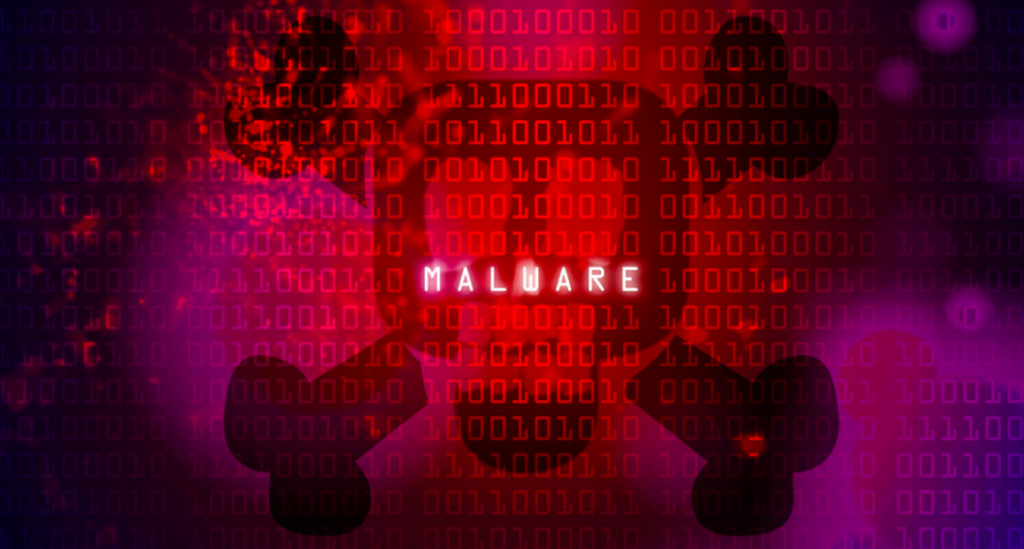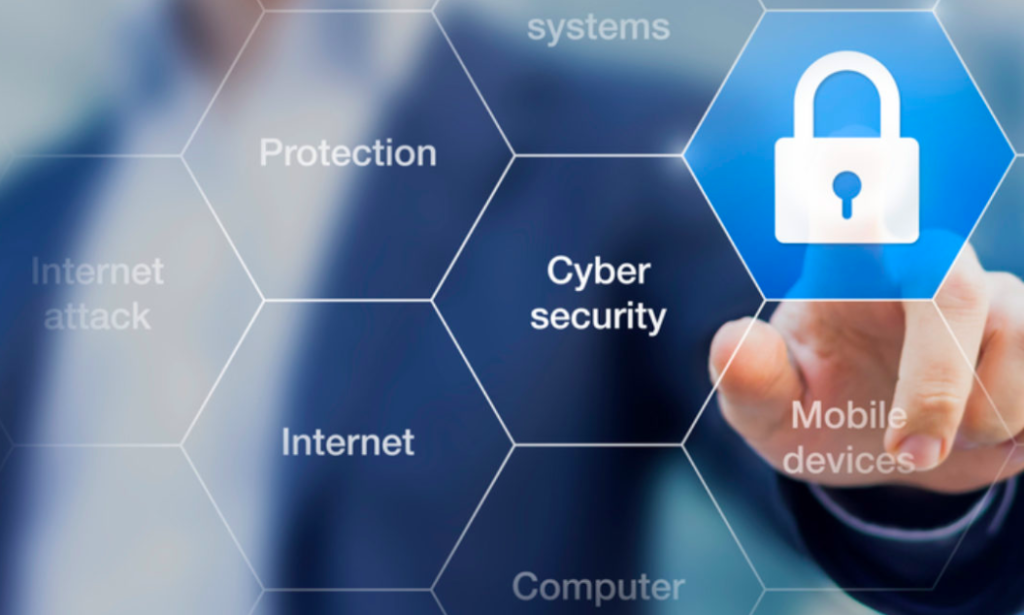One doesn’t need to be a rocket scientist in order to understand why cyber security is important for your business. We are living in a digital age and we are so much dependent on the tech devices that we carry everywhere we go. The sensitive data on these devices can make your business and ruin it also. So, the data is always vulnerable to some extent.
Due to the COVID-19 pandemic, cases of cybercrime increased up to 600%, and October is marked as Cyber Security Month hence this is the perfect time for online businesses to take steps forward securing their business data.
In this blog post, we will discuss the types of various cyber-attacks and show you some serious statistics which will surely make you think about the importance of cyber security for your business.
Malware Or Malicious Software

Malware is software that is specifically designed to harm data and devices. There are different types of malware including computer viruses, trojans, spyware, ransomware, adware, worms, etc.
The total malware infections have been on the rise for the last five years:
- 2014 – 308.96 million
- 2015 – 452.93 million
- 2016 – 580.40 million
- 2017 – 702.06 million
- 2018 – 812.67 million
- 92% of malware is delivered by email.
- Mobile malware on the rise with the number of new malware variants for mobile increased by 54% in 2018.
- Third-party app stores host 99.9% of discovered mobile malware.
- More than 250,000 unique users were attacked by Trojan-Banker.AndroidOS.Asacub malware application.
- 98% of mobile malware targets Android devices.
- Over the last year, MacOS malware has increased by 165%.
- Malware development rates for Windows decreased by 11.6% since reaching an all-time high in 2015.
Ransomware
Ransomware is another form of malicious software. Unlike malware, ransomware threatens you with harm and by first encrypting your data to preventing you to access your data.
Ransomware attacks are usually deployed via social engineering tactics. Once a user falls victim to the attack, their data is encrypted and the attacker then demands a ransom from the victim, with the promise to restore access to the data upon payment.
- Ransomware attacks worldwide rose by 350% in 2018.
- Ransomware attacks are estimated to cost $6 trillion annually by 2021.
- 50% of a surveyed 582 information security professionals do not believe their organization is prepared to repel a ransomware attack.
- 81% of cyber security experts believe there will be more ransomware attacks than ever in 2020.
- Ransomware costs businesses more than $75 billion per year.
- The average cost of a ransomware attack on businesses was $133,000.
- Businesses lost around $8,500 per hour due to ransomware-induced downtime.
- 25% of business executives would be willing to pay between $20,000 and $50,000 to regain access to encrypted data.
Social Engineering
Social engineering is the act of tricking someone into divulging information or taking action, usually through technology. The idea behind social engineering is to take advantage of a potential victim’s natural tendencies and emotional reactions.
- 98% of cyber attacks rely on social engineering.
- Recent data breach statistics found that 63% of successful attacks come from internal sources, either control, errors, or fraud.
- 43% of the IT professionals said they had been targeted by social engineering schemes in the last year.
- New employees are the most susceptible to socially engineered attacks, with 60% of IT professionals citing recent hires as being at high risk.
Phishing
One of the most common types of online fraud is known as phishing, a term that arose in the 1990s. Put simply, phishing is a deliberate attempt to obtain sensitive information like login credentials or credit card numbers by masquerading as someone trustworthy. Targeted emails, or spear phishing, are reported by businesses to be used in 91% of successful data breaches and 95% of all enterprise networks.
- 56% of IT decision-makers say targeted phishing attacks are their top security threat.
- 83% of global infosec respondents experienced phishing attacks in 2018, an increase from 76% in 2017.
- Business email compromise (BEC) scams cost organizations $676 million in 2017.
- CEO fraud is now a $12 billion scam.
- 30% of phishing messages get opened by targeted users and 12% of those users click on the malicious attachment or link.
- Only 3% of targeted users report malicious emails to management. 53% of IT and security professionals say they have experienced a targeted phishing attack in 2017.
How To Ensure The Security

Since cyber security is a major threat to all the small and large companies around the globe, the companies are now hiring professional cyber security experts, ethical hackers to fight with it, but small businesses still can’t afford to do it.
So here are some basic points which will help small businesses to tighten the security of their data.
- Ensure the security of your staff information like passwords and usernames.
- Arrange a proper training session and educate your staff about the precautions that they should take while using the company’s devices.
- Keep your computers up-to-date and always use paid anti-virus and encryption software for maximum security.
- Keep updating the security on employee’s devices.
- Change your computer passwords and every account that you use every 60 days and ensure that the changed password is stronger than the previous ones.
- Do not allow everyone to have access to the company’s sensitive documents.
- If you can’t hire them permanently, at least hire the cyber security professionals on the contract base for 2 to 3 months every year so they can assist your IT security.
If you have any cyber security related issues, Softsys Hosting can address major part of them. Just take a moment and contact us.